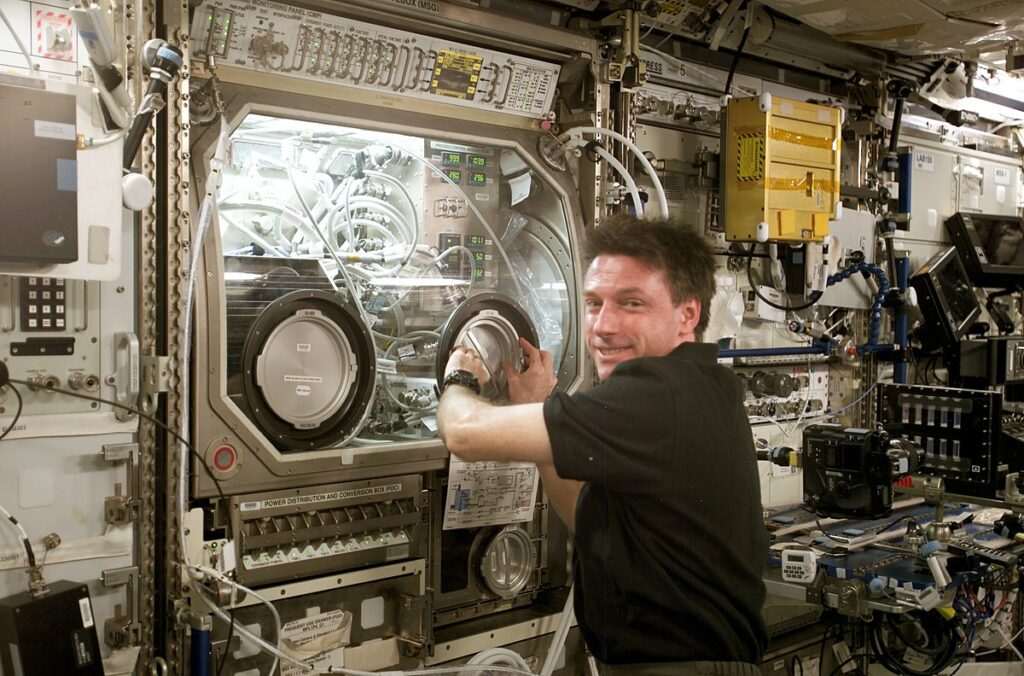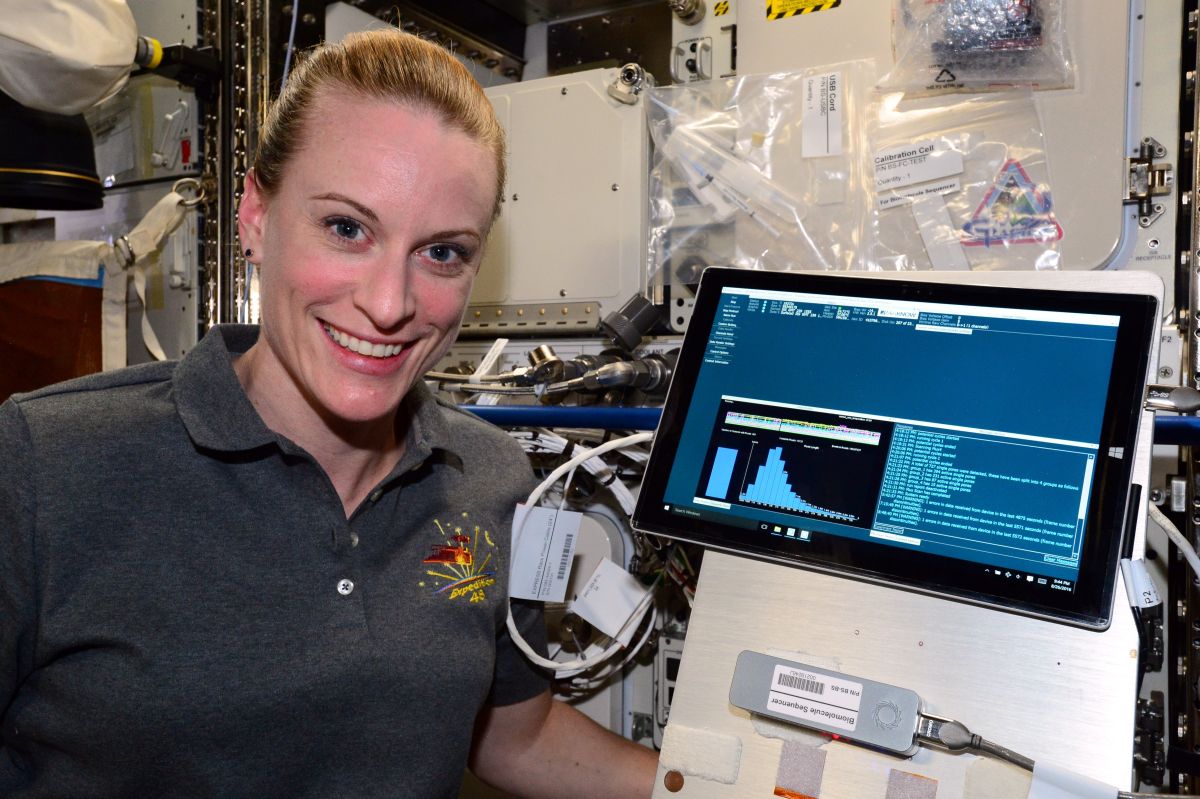NASA will review its protocols and increase the number of non-professional astronauts arriving at the ISS. More scientists and space tourists will fly to the station.

NASA revised its security protocols
NASA will send scientists who are not professional astronauts to the International Space Station. Now the agency is looking for funding for a program of biological and physical research in space.
The idea of sending non-professional astronauts to the ISS, and scientists and engineers who have received appropriate training, is not so new. In the early 80s, a significant part of the people flying on SpaceShuttle were “payload specialists”. However, the 1986 Challenger disaster forced the agency to review its safety protocols. Since then, most experiments in space have been carried out by professional astronauts, to whom scientists explain what to do.
NASA is now changing its security protocols again and increasing the number of non-professional astronauts on board the space station. In fact, this has already happened, because of the four members of the Ax-1 private mission, three were precisely “payload specialists”.
NASA will send scientists and develop space tourism
The decision to send non-professional astronauts to the space station is connected, oddly enough, with the desire to use the station more efficiently. Performing experiments by non-professionals requires expensive training and cannot bring the same results as having a professional scientist on board.
The station’s commercialization program serves the same purpose of making the ISS not just an expensive toy and an object of prestige. Space tourism, when people will be able to simultaneously get a unique experience and at the same time finance research in space only part of it.
The commercial gateway was attached to the ISS in 2020. And it is just the beginning of a large-scale “completion” of the station so that commercial companies can decide for themselves how to use it better. This is done by Axiom.
Will astronauts just become pilots?
All of the above does not mean at all that, according to NASA, current astronauts are not coping well with scientific tasks. It’s just that they won’t become spacecraft pilots and spacewalking specialists very soon. At first, the agency intends to simply send a request to the academic community regarding what kind of research in orbit they would be interested in. At first, the agency intends to simply send a request to the academic community regarding what kind of research in orbit they would be interested in.
Many of the cosmonauts have higher education and even scientific degrees, which allows them to conduct fairly qualified simple research. For example, US astronaut Kathleen Rubins is also a professional biologist and this allowed her to sequence DNA in zero gravity.

But there are enough tasks at the forefront of science that only a few people in the world can figure out. NASA offers to give such people the opportunity to fly to the ISS, together with the astronauts to begin research and, after making sure that everything is going as it should, return to Earth.
According to www.space.com
Follow us on Twitter to get the most interesting space news in time
https://twitter.com/ust_magazine
